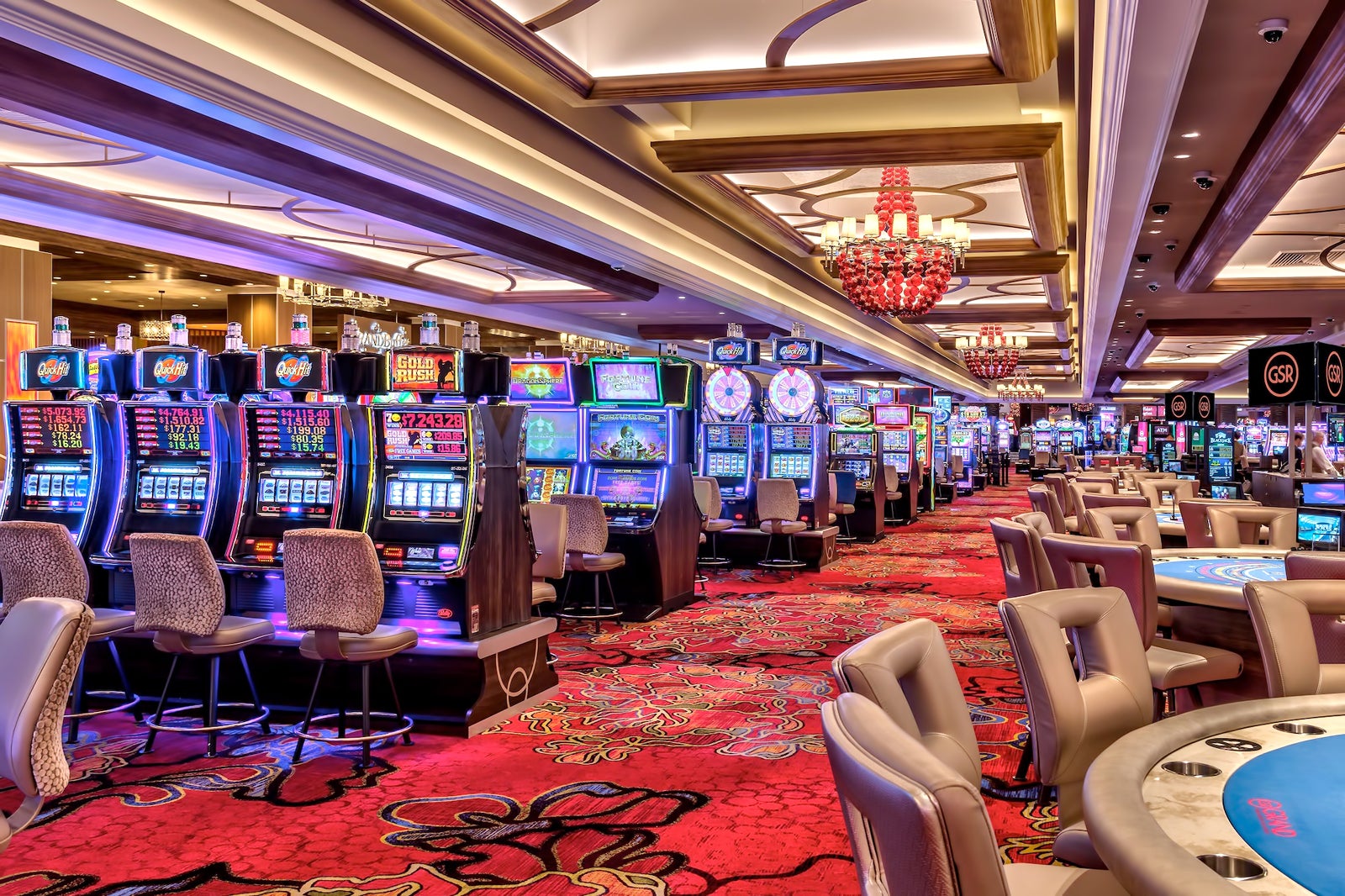
Gambling games have long been a significant aspect of human culture, offering not just entertainment but a fascinating reflection of our aspirations, dreams, and fears. From the rotating wheels of a slot machine to the tactical play of poker, these games encapsulate a variety of human emotions and events. At their core, casino games are not just a chance to win money; they are a microcosm of life itself, where danger and gain converge and luck can change in an instant.
As players gather around tables or sit in front of vibrantly illuminated machines, they engage in a ritual that transcends mere playing. These games mirror our innate desires for social interaction, adventure, and the pursuit of luck. They also disclose deeper truths about human psychology, such as our relationship with fate and the adrenaline of risk. In exploring casino games, we uncover not only the nuances of play but also the complex weave of the human story, showcasing our interconnected narratives of goal and reality.
The Psychology of Gambling
Wagering is deeply rooted in human psychology, tapping into various feelings and wants. The excitement of taking risks is a core aspect that draws players in, be it it’s excitement of spinning a roulette or the excitement of drawing a winning hand in poker. This rush of adrenaline is frequently likened to other forms of thrill, as the unpredictability of outcomes elicits a distinct psychological response. Gamblers often find themselves captivated by the chance of winning big, leading to an irresistible draw toward gambling games.
Another, an essential component of the psychology behind gambling is the concept of optimism and ambition. Players often indulge in fantasies of financial freedom and the luxurious lifestyle that can accompany winning. This hope fuels their continued participation in casino games, as it provides a sense of purpose and the belief that a transformative win could be just one bet away. The story of overcoming odds and achieving success resonates with many, strengthening their dedication to play and engage with these games. https://78win.wiki/
Lastly, social dynamics play a significant role in gambling psychology. Casino environments are designed to promote social interaction, where gamblers gather to share the journey of wins and losses. This shared aspect not only enhances enjoyment but also affects behavior, as individuals often mimic the actions of others in their vicinity. The social validation found in mutual thrill can enhance the emotional experience, making casino games a reflection of not just personal desires but also collective engagement within the gambling community.
## The Dual Nature of Risk and Reward
Gambling games embody the fragile balance between danger and reward that resonates profoundly with the human experience. The excitement of placing a wager is often accompanied by a jolt of energy, as gamblers are confronted with the possibility of winning big, yet fully aware of the potential to lose. This twofold experience reflects a fundamental aspect of life: the choices we make often come with intrinsic risks, and the chase for gain can compel us to embrace risks we might not otherwise consider. In this way, gambling activities reflect real-world choices, enticing players to risk not just their money, but also their dreams.
The allure of big prizes and winnings fuels a feeling of positivity, inspiring gamblers to envision a more promising future that could manifest from a single victorious spin of the wheel or turn of a card. 78win This hope can motivate individuals to engage in more daring actions, urging them to extend their limits in search of economic benefit. However, just as in life, the consequences of these risks can lead to both victory and failure. The narratives of both big winners and those who have lost everything at the tables demonstrate the chaotic nature of chance and its significant repercussions on our existence.
Ultimately, the experience of engaging with gambling activities serves as a strong reminder of the human condition. Every game played is imbued with the tension of uncertainty, as gamblers weigh the gains against the dangers. This interaction not only highlights the thrill that comes with betting but also reveals the weaknesses that come with the desire for more. As we navigate the challenges of choice and results in both the casino and in life, we find that the quest for gain shapes our character and lives in profound ways.
Community and Isolation in Gambling Culture
Gambling environment is a special blend of social engagement and individual pursuit, reflecting the contrasts of human experience. Gamblers often come together around games, sharing in the excitement of the action, rejoicing in wins, and commiserating over losses. This communal aspect is crucial, as it fosters a sense of belonging and bonding among diverse groups of people. Regular visitors to casinos may form friendships and establish routines, turning the casino into a second home where they feel linked to a larger community of players.
However, the appeal of casino activities can also result to loneliness. As individuals become engrossed in the thrill of playing, they may withdraw from personal connections or fail to engage with the environment outside the casino. For some, the search of a windfall can distract from genuine connections, leading to isolation. The situation of being among people yet experiencing solitary is not rare, as the attention shifts from shared enjoyment to the individual concerns of each player’s journey.
This interaction of community and solitude creates a vivid mosaic that defines casino culture. It showcases the intricacy of human interactions, where happiness and despair exist together. Casinos serve as both a refuge for social engagement and a platform for individual challenges, illustrating how intimately entwined our desire for companionship and the personal quest for fortune can be. In navigating this environment, gamblers confront their own stories—seeking both the rush of the wager and the fellowship of other gamblers, ultimately reflecting the broader spectrum of human experience.
